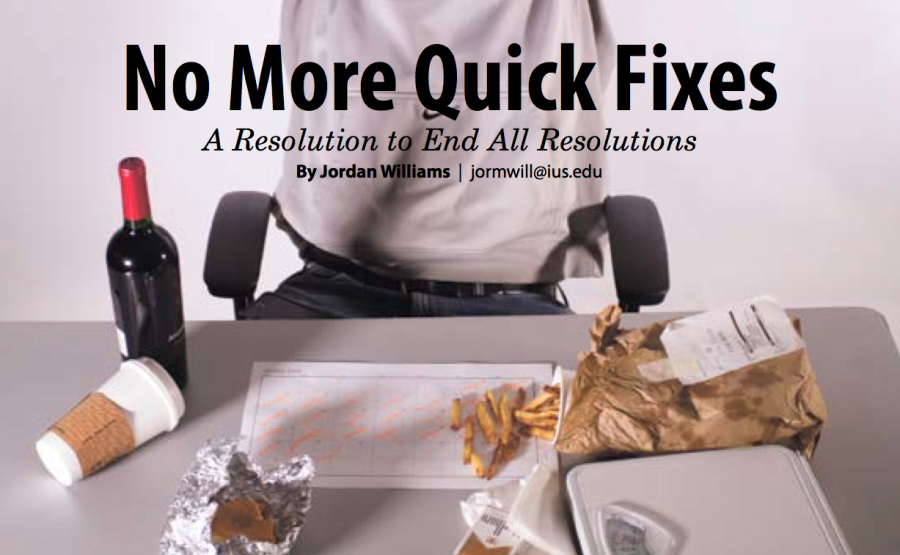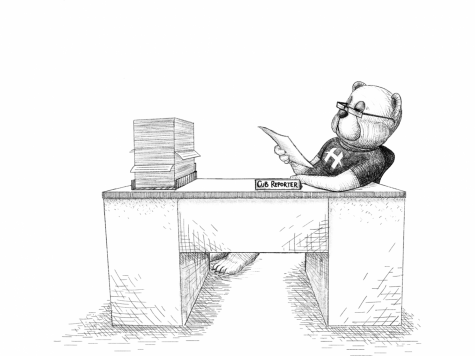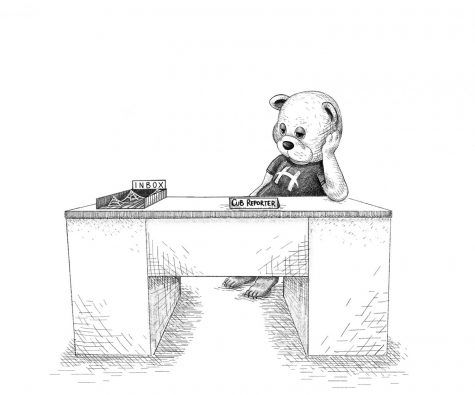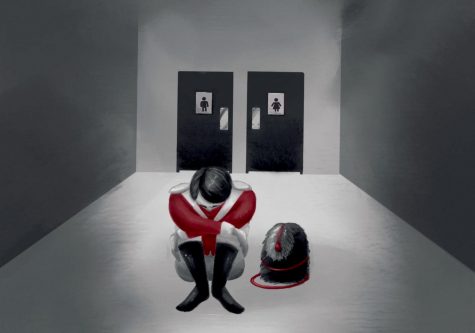No More Quick Fixes
A resolution to end all resolutions
 A new year means a new you, right? Eventually, but not all at once.
A new year means a new you, right? Eventually, but not all at once.
As we begin yet another trip around the sun, millions of people across the nation begin making self-fulfilling promises to themselves.
These gleeful commitments are often abandoned a few weeks into January thanks to minor slips of judgment in the face of temptation, leaving many saying aloud, “well, there’s always next year.”
But this mentality of next year providing an opportunity that was not properly seized this year is the root of the issue.
Most seeking to better themselves should avoid making a resolution to do so, and instead might find better fortune by taking steps to improve – it’s easier to make improvements through trial and error instead of all at once.
According to a 2013 study reported by the University of Scranton and published in the Journal of Clinical Psychology, 45 percent of Americans make a New Year’s resolution, while only 8 percent have any success.
This data shows not only the difficulty that surrounds sticking to a resolution, but also the utter sense of failure that sweeps across the country as January comes to a close.
Does it do any good to make a New Year’s resolution if it’s going to be scrapped several weeks in the new year? No. Should the tradition of making a New Year’s resolution be adjusted with the modernization of humankind? Yes.
Making a commitment to the improvement of oneself is a tradition that has been practiced for two millennia, originally dating back to the civilizations of Babylon and ancient Rome.
The Babylonians and Romans would make promises to their respective gods that involved the general betterment of themselves and interactions they had with one another. This is problematic because while the tradition of making a New Year’s resolution has been a practice that has stood the test of time, the consistency of the resolutions being made has not.
In ancient Babylon, a New Year’s resolution was much more of a feasible concept as the vices that people sought to extricate themselves from were more oriented with the likes of human decency and less concerned with eating fewer snack cakes.
Past civilizations didn’t worry about the surgeon general’s warning of habitual smoking or the dangers of an alcohol-centric diet, so these resolutions weren’t made.
But in 2016, the resolutions above and many similar to them are frequently made, and they are also unmade several weeks into January.
If there were more of an emphasis not on the resolutions being made but instead on the desire to make small improvements throughout the year, change actually might take place.
It is widely understood that success is something that develops from progress, through the act of doing something, failing and then doing it again in hopes of correcting any previous wrongs.
Failing is an integral part of improvement because perfection isn’t something that comes about suddenly, but this is an idea that New Year’s resolutions promote.
Regarding a resolution, the act of failing often leads to a disregard for the rest of the year as slip-ups typically aren’t accounted for.
In an interview with Business Insider, Cedric X. Bryant, chief science officer of the American Council of Exercise, said if someone wants to make a change, the worst possible time to make this decision is following New Year’s celebrations.
Bryant also said trying to make a change involves taking note of the small accomplishments that lead to success and not trying to maintain perfection all at once.
When a New Year’s resolution is made, there is the assumption that improvement will happen all at once, which will often lead a failed commitment in addition to anxiety and stress.
This all-or-nothing mentality surrounding New Year’s resolutions is what causes the tradition to be such a dated concept.
For a resolution to have any real merit to it, there needs to be a process of trial and error, which is an idea that is generally nonexistent in New Year’s resolutions.
A resolution implies that there is a quick fix to a problem, something that has been reinforced by generations of people ringing in the new year.
But anything worth dedicating an entire year to not doing is likely something that can’t just be given up overnight.
Instead, the only way to ensure that a vice doesn’t exist beyond the previous year is the repeated process of failing and then prevailing, over and over again.
So, what is the best way to ensure that a New Year’s resolution sticks? Avoid making one.



